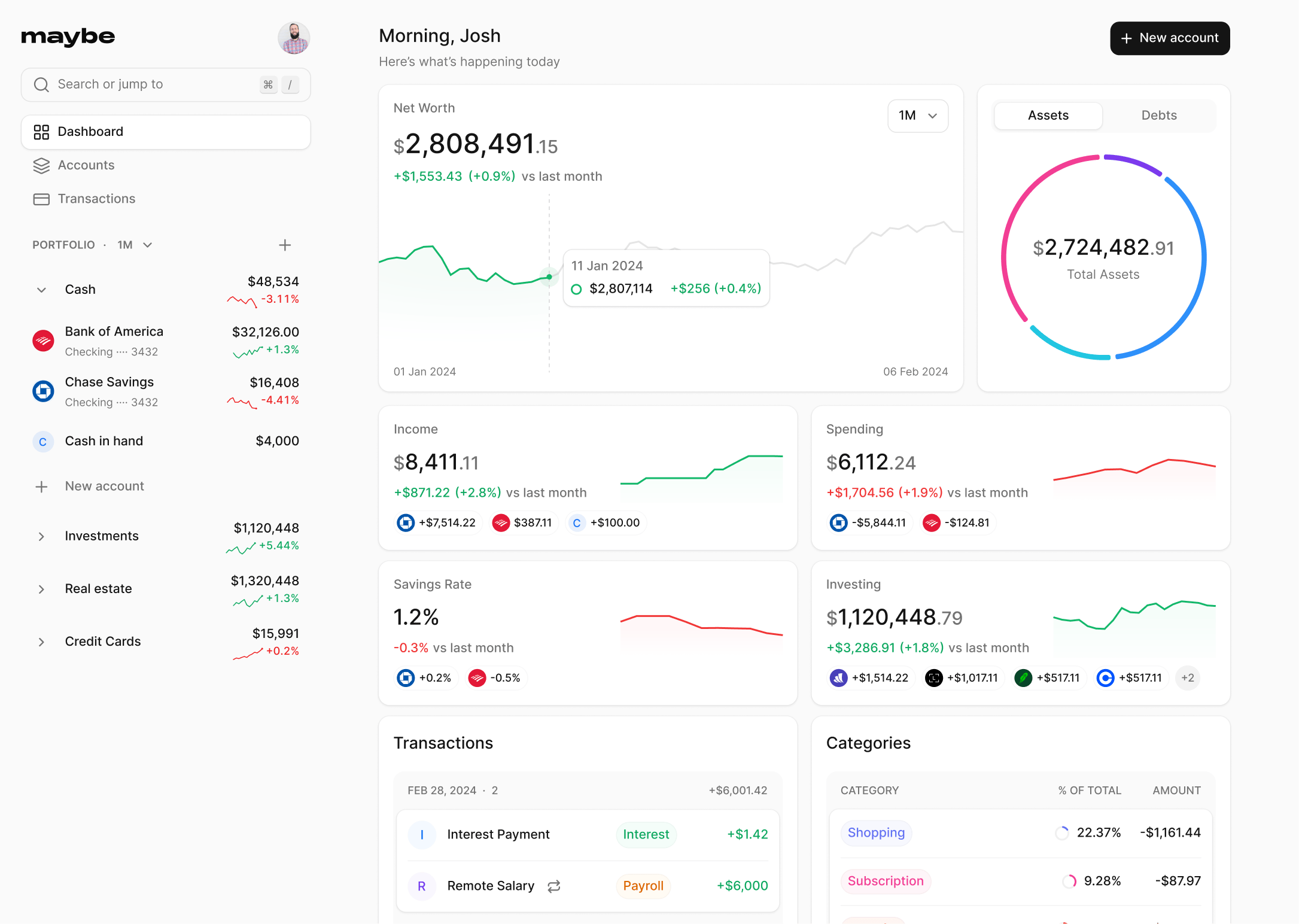Financial Terms / A - B / Blue chip
Blue chip
A blue chip is a company that has been around for a considerable amount of time, is well recognized by the public, has stable operations, and is financially healthy. Most household names like Google, Walmart, Amazon, Apple, and so on are blue chip companies.
Discover more financial terms
Join the Maybe  waitlist
waitlist
Join the waitlist to get notified when a hosted version of the app is available.
